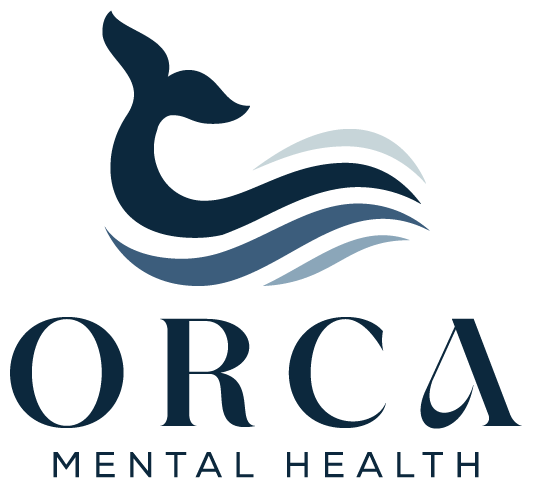Group Therapy in San Diego
- Home
- Treatment Methods
- Group Therapy
Develop trusting and meaningful connections
- Our Program
Men’s Mental Health Support Groups
Men’s mental health support groups or group therapy is known to provide individuals a safe space to share experiences, develop stronger communication skills, and learn to develop trusting and meaningful connections with other people. At Oceanside Mental Health, clients in partial hospitalization programs (PHP) and intensive outpatient programs (IOP) have the opportunity to participate in psychoeducation, process, and experiential groups. These group therapy sessions at our San Diego center create a non-judgmental, supportive environment that fosters connection and empowerment, creating a sense of community that sets this type of psychotherapy apart from individual therapy.
- What We Offer
Types of Group Therapy Available in San Diego
Yalom-style process groups focus on present interpersonal experiences, where members explore thoughts, feelings, and relational dynamics in real time with each other.
This group provides a space for individuals to process grief associated with loss, life transitions, and anticipatory loss. Individuals also learn the psychology of grief including the truths and myths associated with grief. Members are able to learn to practice empathy and support other group members with addressing grief and loss.
This group provides psychoeducation and problem-solving approaches to address mind-body-spirit wellness including topics on sleep, habit building, nutrition, physiology, hormones, exercise, and meditation.
This group is facilitated by our clinical director with science-based breathing practices that support stress management, emotional regulation, and overall mind-body wellness.
This group helps individuals develop psychological flexibility by learning to engage with thoughts and emotions in a way that supports their values. Participants will practice mindfulness, self-compassion, and techniques like “dropping anchor” to navigate distress while building a meaningful life.
Sound healing is a class facilitated by Malorie Lindqvist, LCSW. She is an Integrative Psychotherapist and a Certified Sound Healer with expertise in treating complex trauma as well as in providing therapeutic group work.
This group is facilitated by a facilitator that shares their own experiences, brings a variety of instruments, and records an original song with group members by the end of each group session.
The group focuses on attachment theory, communication, trust, intimacy, social support, and other related topics to address social factors contributing to mental health concerns and co-occurring substance misuse.
Led by a certified peer support specialist, clients learn western and non-western perspectives on neurodiversity. Topics include: frequencies, quantum physics, depth psychology, spirituality, traditional shamanism, and Greek philosophy
Group focuses on career and life skills to support individuals with creating resumes, preparing for job interviews, making goals, and developing work-life balance skills.
The Mindfulness Based Stress Reduction (MBSR)-Informed group utilizes material from Jon Kabat-Zinn’s development of Mindfulness Based Stress Reduction. Topics include mindfulness of emotions, thoughts, and body sensations.
The codependency group addresses the possible occurrence and impacts of codependency and unhealthy relationship patterns on mental health concerns and co-occurring substance misuse.
The trauma support group includes psychoeducation and exercises on various theoretical approaches to healing trauma (Polyvagal theory, Jungian psychology, IFS-informed material, Art).
These groups focus on methods to develop sustaining recovery from mental health and/or co-occurring substance misuse including relapse prevention planning, creating a recovery that is meaningful, and accountability strategies.
This group utilizes the evidence-based therapy of CBT to focus on identifying maladaptive thought patterns and beliefs, the relationship between thoughts/behaviors/feelings, and engaging in behaviors that support improving mental health symptoms.
These groups include yoga, recreational exercise, and outings to help clients develop lifestyle habits and activities that help improve mood and confidence to do these activities without alcohol or substances.
- ORCA Mental Health
Experience Our Men’s Mental Health Support Groups
ORCA knows that community is essential for recovery. That is why we incorporate group therapy in our levels of care. Our men’s mental health support groups help you towards lasting recovery. Contact us today to learn more about group therapy in San Diego.
Transform your life with ORCA Mental Health
- Our Program
Start your Healing Journey
Group therapy is a vital tool to combat feelings of isolation, build self-esteem and social skills, and connect with others with shared experiences. Facilitated by licensed therapists and counselors, these groups provide safe environments for skill-building and healing work. Combined with other interventions such as holistic therapies and family therapy, our group therapy in San Diego helps individuals build a foundation for long-term recovery. If you or a loved one are interested in healing through group therapy, contact us today to learn more about our PHP/IOP programs.
- Get Help With Costs
We Accept Most Major Insurances
Contact our team or fill out our online form to verify your insurance coverage.
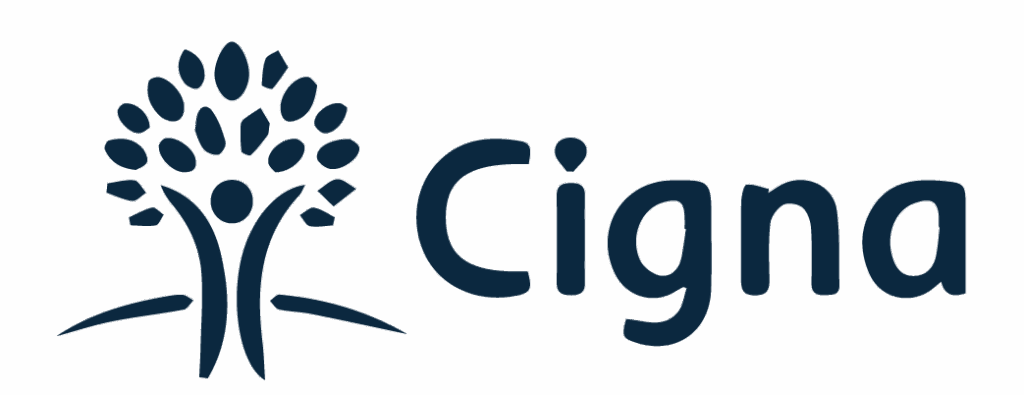


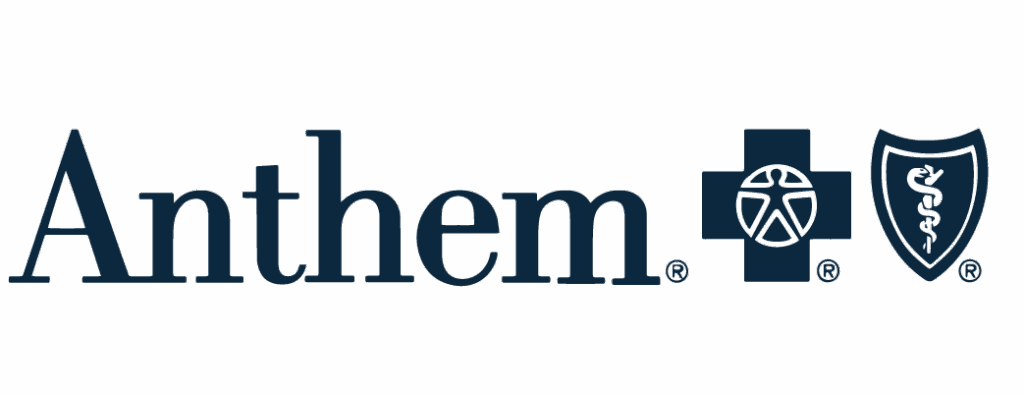
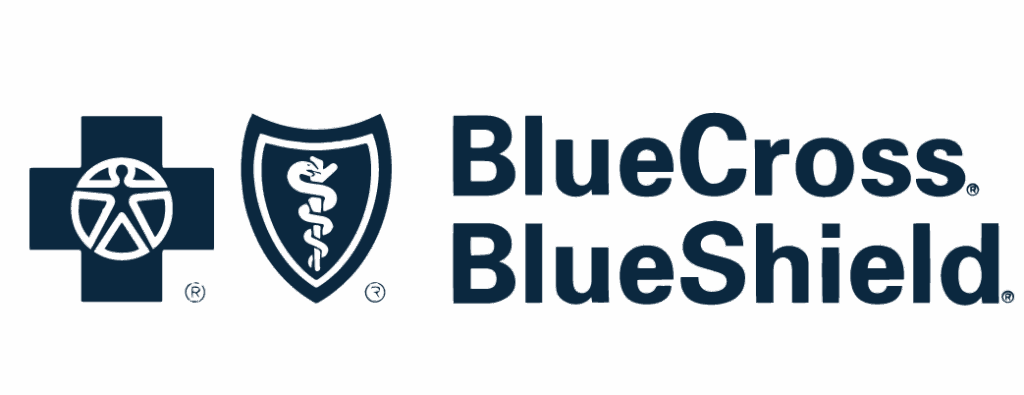


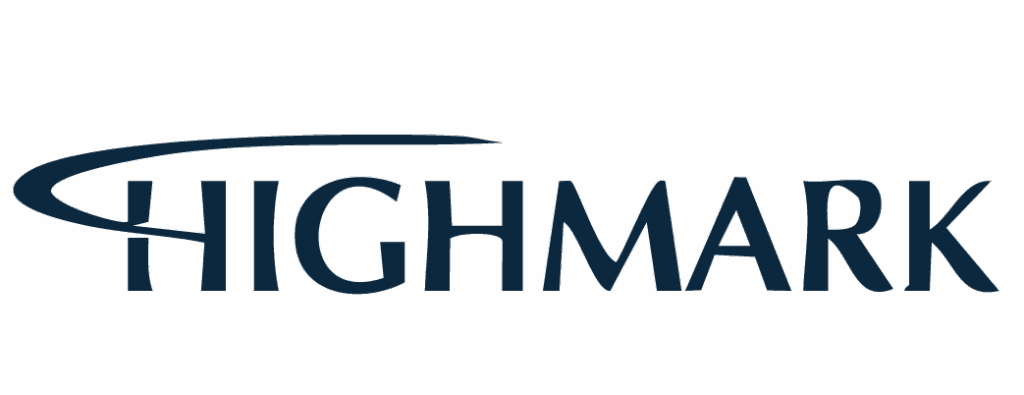
- Get Started
Take the First Step Toward Recovery
At ORCA Mental Health, we believe in a holistic and individualized approach to mental health care. We recognize that every journey is unique, and our programs are tailored to the specific needs of each client.
- Our clients receive the most effective and relevant treatment
- We work collaboratively to provide the highest standard of care
- Our Community fosters long-term recovery and personal growth
